Exploring the mystique of Sebring's iconic Turn 17
There are a group of special corners at special race tracks around the world the images of which are engraved into the minds of any motorsport fan. Eau Rouge at Spa, the Porsche Curves at Le Mans, the Karusell at the Nürburgring, and, for us, Turn 17 here at Sebring.
Sebring is not a track for first impressions, it appears on arrival to be exactly what it is, a flat former airfield racetrack, the circuit itself only really differentiated from taxiways of the airport next door by a line of concrete blocks.
But, like so many places, the addition of racing cars brings it to life. Suddenly it all makes sense, especially what is probably Sebring's biggest challenge – its 17th and final corner.
While it has changed from a double 90-degree right, to the modern tightening right-hander Turn 17 is one of the few corners at Sebring that has remained relatively similar same since the circuit was first used for motorsport in 1950. Which happened after engineer Eric Ulman, on the lookout for WW2 airbases to convert to civillian use, instead decided Sebring would be perfect for racing.
In its present state the corner can be split into two parts, the first is a shallow right hand turn, the second much tighter and with a massive compression on the racing line that can throw a car completely off line. Such is the unsettling nature of that bump that many drivers take an arcing outside line into the corner just to avoid it, a feat made possible by one of Turn 17's most defining features – width.
Sebring in modern times is a circuit of two distinct halves. From turn one through the more twisty infield section it takes the characteristic of a normal race track, ribbons of tarmac coursing through grass verges. But the rest. and the fastest parts of the circuit, retain the old character that made Sebring famous. The cars skate across the ancient, cracked concrete slabs that once housed war planes, and follow a path picked out by harsh concrete barriers. It's very fast, but very, very bumpy.
Like many airfield courses in America that means the track is very wide, wide enough for at least four cars to race side-by-side without hinderance. And turn 17 is a vast sea of contcrete, a bewildering ocean of nothingness to the unuspecting driver. Sure that means there's loads of run off, but the inside of the corner is marked by solid, reinforced concrete barriers do how close so you want to run to the first apex, and how deep do you brake when there's no real edge to the track?
As a result Turn 17 has become the home of many an incident over the years. From Audi v Peugeot in 2011 to the modern ALMS and IMSA series and even to this weekend's Sebring Classic 12 Hour you can guarentee action. And if you time your visit right, as the sun sets over the outside of the corner, the visual effect becomes almost mystical.
If you ever get the chance to come to Sebring, see if you can talk your way past the marshalls and into area on the inside of this magnificent corner, you won't regret it, and you'll never forget it.
Photography by Ben Miles.
Sebring
Turn 17
Sebring Classic 12 Hour
Sebring Classic 12 Hour 2016

Historic
Gallery: Racing into the sunset at Sebring is the most beautiful thing

Historic
Gallery: From '60s to 2013 – Classic Sebring 12 hour qualifying gets under way

Historic
Gallery: Trying to set the fastest time in the deepest dark

















